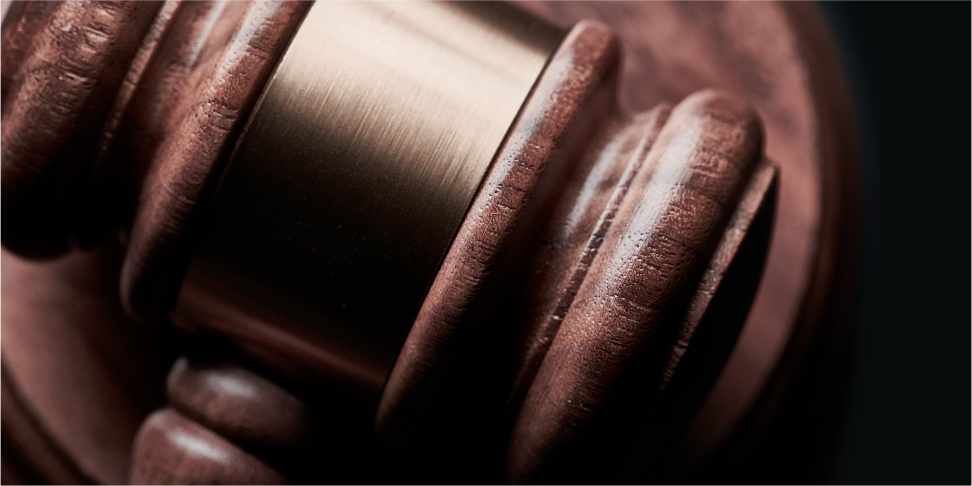De Novo Law Firm has successfully represented numerous inland empire residents in bankruptcy including clients in San Bernardino, Riverside, Rancho Cucamonga, Ontario, and Corona. If you are considering bankruptcy, contact the San Bernardino bankruptcy attorneys at De Novo Law Firm to discuss your legal options. One of the considerations in filing bankruptcy is whether you have secured or unsecured debts.
Many clients ask about the difference between unsecured and secured debts. Unsecured debt is debt that is not backed by a loan and cannot be used as collateral for repayment. If payments are not made to the creditors of unsecured debts, they cannot take property without filing a lawsuit. The most common examples of unsecured debt include credit cards, medical bills, payday loans, student loans, utility bills, back rent and personal loans used to pay for small purchases or unexpected expenses. Unsecured debt is backed by the debtor’s own obligation to repay them. If a debtor fails to pay unsecured debt, creditors often turn over the claim to a credit report agency or file a lawsuit against the debtor. Creditors can only take property or garnish wages with a court judgment.
Secured debt, or liens, is debt backed by an asset used as collateral for the loan, such as a car or a house. If the debtor fails to pay the loan, the creditor can take possession of the asset and sell it to recover the money from the loan. Secured debts generally have lower interest rates than unsecured debts because lenders have the security of assets to collect their loan money but credit history and payment abilities also affect the rates. Secured debts are voluntary or involuntary. A home mortgage or a car loan is voluntary whereas real property taxes, delinquent income taxes and court judgments are involuntary. Involuntary liens are imposed against property by the state or federal statute or by court. A creditor can repossess a car or foreclose a mortgage on a home if the debtor falls behind on the payments. No court order is needed for a creditor to take action on secured debt but it is an option in case the creditor wants the rest of the money owed after deducting the value of the asset collected.
In a Chapter 7 Bankruptcy, most unsecured debts can be eliminated such as credit card debt. Some debts, however, remain after the bankruptcy such as student loans, child support, property taxes and fines and restitutions imposed by a court for any crimes. Spousal support and divorce settlements are also not dissolved by a bankruptcy. Secured debts that involve personal property can be taken by a trustee and sold while the proceeds go to the creditors to pay off debts. The debtor is allowed to keep certain exempt property from secure debts but most of it, too is liquidated. If you have questions or oncerns about secured and unsecured debt, and how that relates to your bankruptcy office, contact our office at (951) 801-5570.

